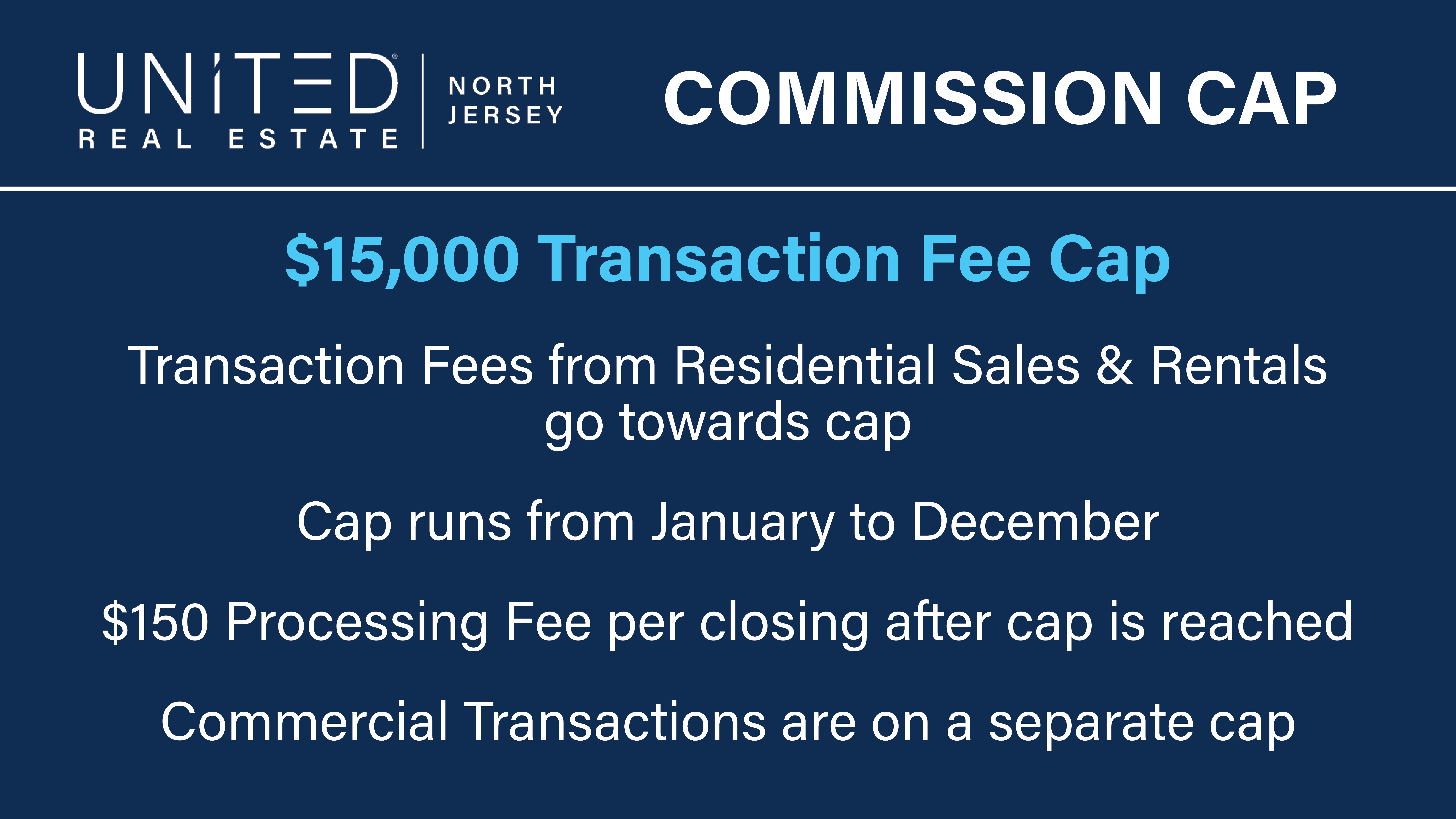Understanding Balance Transfer vs Consolidation Loan: Which is Right for You?
Guide or Summary:Balance Transfer vs Consolidation Loan: A Comprehensive Guide to Managing Your DebtBalance Transfer vs Consolidation Loan: A Comprehensive……
Guide or Summary:
Balance Transfer vs Consolidation Loan: A Comprehensive Guide to Managing Your Debt
When it comes to managing debt, the financial landscape can often be overwhelming. Two popular options that individuals frequently consider are balance transfers and consolidation loans. Both methods aim to simplify debt repayment and potentially reduce interest costs, but they work in different ways. Understanding the nuances of each can help you make an informed decision tailored to your financial situation.
### What is a Balance Transfer?
A balance transfer involves moving existing debt from one or more credit cards to a new credit card that typically offers a low or zero percent introductory interest rate. This strategy is particularly beneficial for individuals who have high-interest credit card debt and want to save on interest payments. By transferring your balance, you can consolidate multiple debts into one single payment, making it easier to manage.
However, balance transfers come with their own set of considerations. Most credit cards that offer balance transfers charge a fee, usually ranging from 3% to 5% of the amount transferred. Additionally, the low introductory rate is temporary, often lasting between 6 to 18 months. After this period, the interest rate can spike significantly, which can lead to more debt if not managed carefully.
### What is a Consolidation Loan?

On the other hand, a consolidation loan is a personal loan specifically designed to pay off multiple debts. When you take out a consolidation loan, you receive a lump sum amount that you use to pay off your existing debts. This leaves you with one monthly payment to the loan provider, which can simplify your finances.
Consolidation loans can be secured or unsecured. A secured loan requires collateral, such as your home, which may offer lower interest rates but comes with the risk of losing your asset if you fail to repay. Unsecured loans don’t require collateral but often come with higher interest rates. The terms for consolidation loans can vary widely, so it’s essential to shop around for the best rates and terms that fit your financial situation.
### Key Differences Between Balance Transfers and Consolidation Loans
1. **Interest Rates**: Balance transfers often provide a promotional low-interest rate, while consolidation loans may have fixed rates based on your credit score and financial history.
2. **Fees**: Balance transfers usually involve a transfer fee, whereas consolidation loans may have origination fees or prepayment penalties.

3. **Credit Impact**: Both options can impact your credit score. A balance transfer may temporarily lower your score due to increased credit utilization, while a consolidation loan can improve your score if you manage payments responsibly.
4. **Flexibility**: Balance transfers are primarily for credit card debt, while consolidation loans can be used for various types of debt, including medical bills, student loans, and personal loans.
### Making the Right Choice
Choosing between a balance transfer and a consolidation loan depends on your financial situation, the types of debt you have, and your repayment strategy. If you have primarily credit card debt and can pay it off within the promotional period, a balance transfer might be the best option. However, if you have a mix of debt types or prefer a more structured repayment plan, a consolidation loan may serve you better.
Before making a decision, it’s crucial to assess your financial health, including your credit score, total debt amount, and monthly budget. Additionally, consider consulting with a financial advisor to explore all available options and develop a tailored strategy.

### Conclusion
In summary, both balance transfers and consolidation loans can be effective tools for managing debt. By understanding their differences and evaluating your financial circumstances, you can choose the option that best aligns with your goals and helps pave the way toward financial freedom. Whether you opt for a balance transfer or a consolidation loan, the key is to stay disciplined in your repayment strategy to avoid falling back into debt.